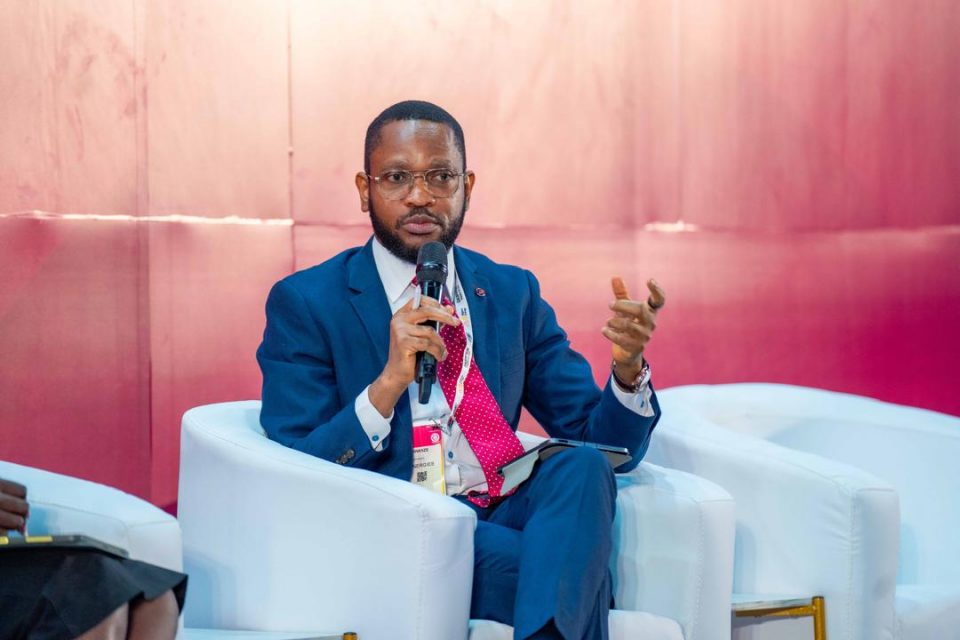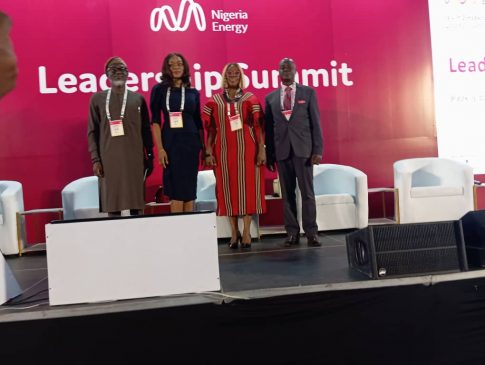Exchange rate fluctuations hinder foreign energy investment- Expert
By Yunus Yusuf
Mr Samuel Nwanze, the Executive Director, Hiers Energies Ltd., says the energy sector is facing challenges in attracting foreign investment due to the country’s persistent exchange rate fluctuations.
Nwanze, also the Chief Financial Officer of the company, said this at the ongoing Nigeria Energy Summit on in Lagos.
Nwanze said that while investors were willing to navigate various risks in the Nigerian market, the uncertainty surrounding the exchange rate was a major deterrent.
He commended the government on its efforts in stabilising the currency but called for more decisive action.
The director said, “The government’s efforts to stabilise the exchange rate are commendable, but more needs to be done.
“The uncertainty caused by fluctuations creates challenges not only for investors but also for the affordability of energy solutions for local consumers.”
Nwanze also said that there was need to address fundamental issues such as insecurity and infrastructure to create a more conducive investment environment.
He emphasised that a stable and predictable market was essential to attract capital and foster sustainable growth in the energy sector.
“Issues bordering on uncertainty are what is really pushing investors away and this is a negative hold as far as attracting capital is concerned.
“So, the focus should be on how to bring more stability in the space so that investors can understand, manage available risks and not have to deal with uncertainties,” he said.
Nwanze called for a more cohesive approach to policy formulation in addition to exchange rate stability.
He stressed the importance of developing comprehensive and integrated policies that support the growth of renewable energy in Nigeria.
To address the financial challenges associated with renewable energy projects, Nwanze suggested exploring various financing options, including green bonds and blended finance structures.
He also emphasised the need to reduce the upfront costs for consumers to encourage wider adoption of renewable technologies.
He noted that Nigeria could create a more attractive investment environment for the energy sector and accelerate its transition to a sustainable energy future.





